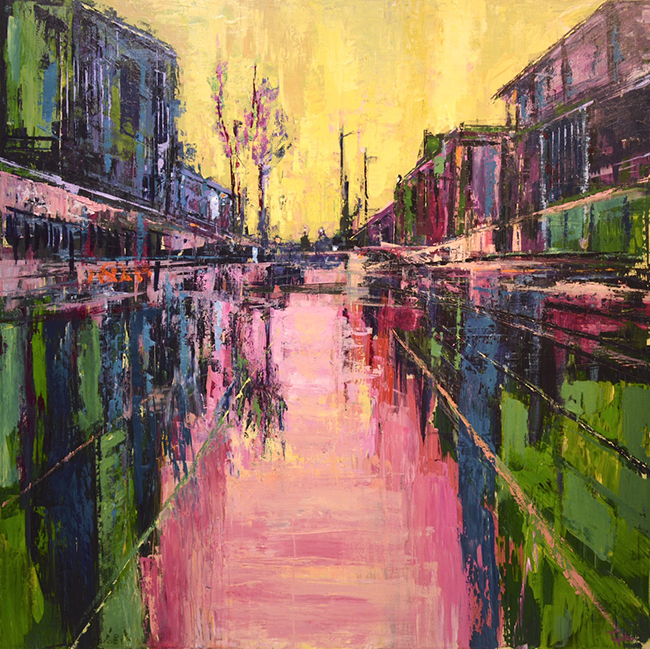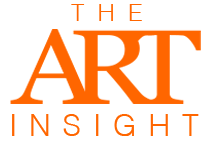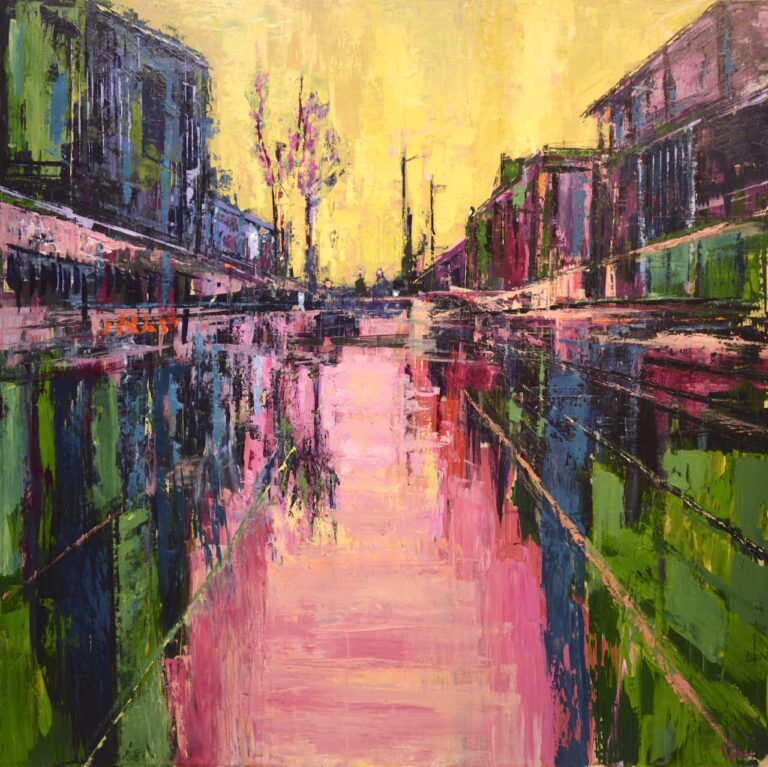By Mary Wilson ( marywilson47589@outlook.com )
David Tycho, a Canadian artist born in Vancouver, paints with a brush dipped in the complexities of urban life and the serenity of wilderness. His journey from the vibrant cityscape of Vancouver to the bustling metropolises of Asia has left an indelible mark on his artistic expression.

Having honed his skills under the tutelage of celebrated artist Gordon A. Smith at the University of British Columbia, Tycho embarked on a transformative four-year sojourn in Asia. This experience served as a crucible, refining his artistic sensibilities and imbuing his work with a nuanced perspective that seamlessly blends abstraction with representation.
In 1993, Tycho unveiled his inaugural solo exhibition in Vancouver, marking the genesis of a prolific artistic career that has since graced galleries across the globe. From the cultural melting pot of New York to the sun-drenched streets of Los Angeles, Tycho’s canvases have found resonance among art enthusiasts and critics alike. His international footprint extends to cities like Geneva, Milan, and Singapore, where his work serves as a contemplative mirror reflecting the essence of contemporary urban existence.
Represented by galleries such as the Ian Tan Gallery in Vancouver and the Christopher Hill Gallery in Napa, California, Tycho’s oeuvre traverses the boundaries of traditional mediums. While he primarily paints with acrylic on canvas, his artistic repertoire encompasses photography and digital collage, each medium offering a unique lens through which to explore the multifaceted tapestry of human experience.
One of Tycho’s seminal works, “Industrial Eden,” stands as a testament to his exploration of urbanization and its attendant dichotomies. Measuring 48 by 48 inches, this acrylic artwork encapsulates the uneasy coexistence of wealth and poverty, opulence and decay, beauty and marginalization inherent in modern cities. Through a kaleidoscope of colors and textures, Tycho invites viewers to contemplate the paradoxes of urban life, weaving a visual and psychological tapestry that resonates with profound authenticity.
“Industrial Eden” serves as a microcosm of Tycho’s broader artistic ethos, which oscillates between the experimental and the introspective. His works are a synthesis of raw emotion and meticulous craftsmanship, each stroke of the brush a reverberation of his inner dialogue with the world around him.
At its core, Tycho’s art is a reflection of humanity’s perpetual dance with progress and regression, beauty and blight. Whether depicting the pristine wilderness or the chaotic sprawl of the urban landscape, his canvases serve as conduits for contemplation, inviting viewers to traverse the liminal spaces between abstraction and representation.
As we navigate the complexities of the 21st century, artists like David Tycho emerge as torchbearers of introspection and enlightenment. Through their work, they remind us of the enduring power of art to illuminate the hidden recesses of our collective psyche and to forge connections across the boundaries of time and space.
In the ever-expanding tableau of contemporary art, David Tycho’s voice resounds with clarity and conviction, offering solace and inspiration to all who dare to contemplate the enigma of existence. His journey from Vancouver to the far reaches of the globe is a testament to the transformative power of art and the enduring allure of the human spirit.

